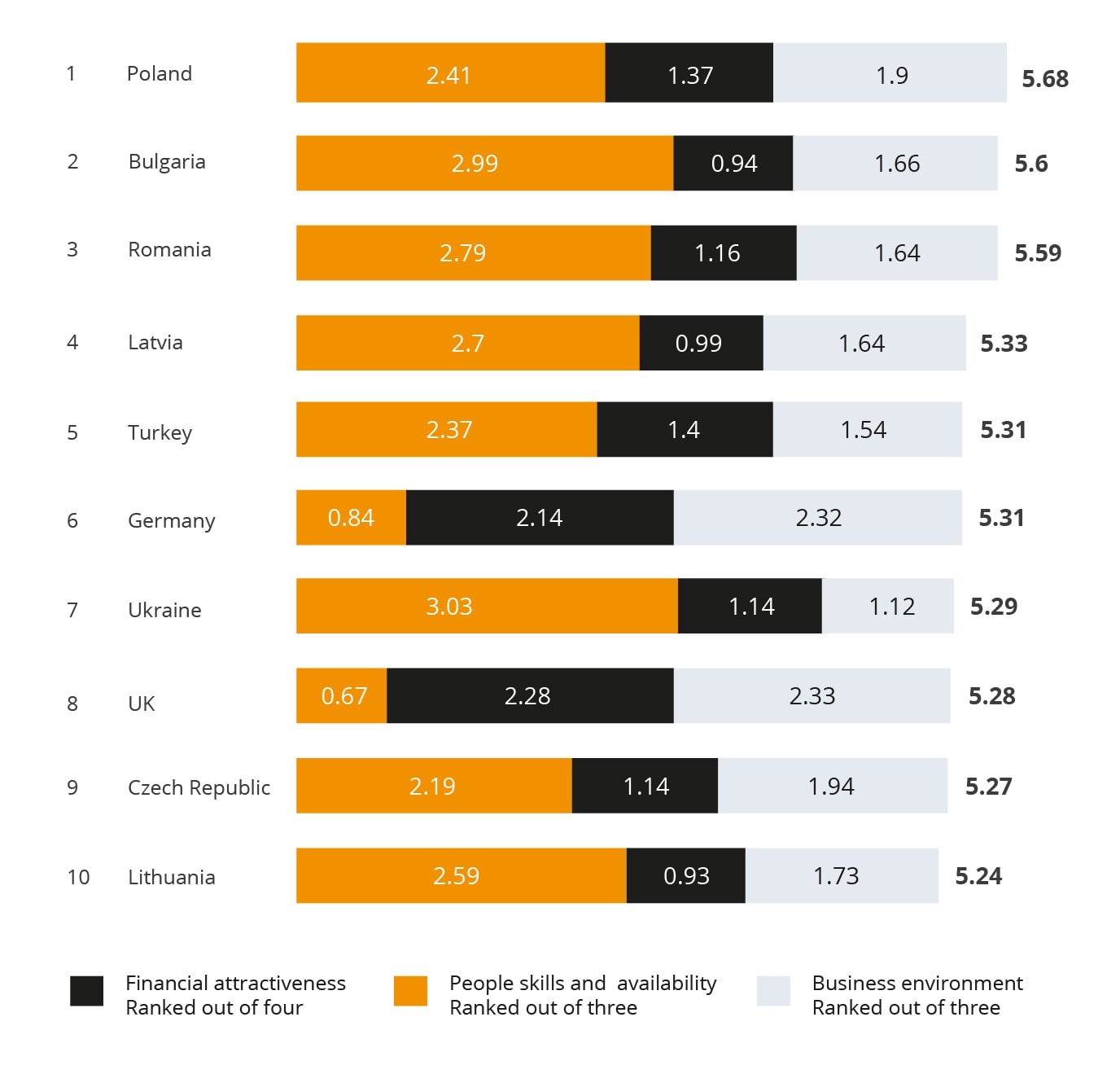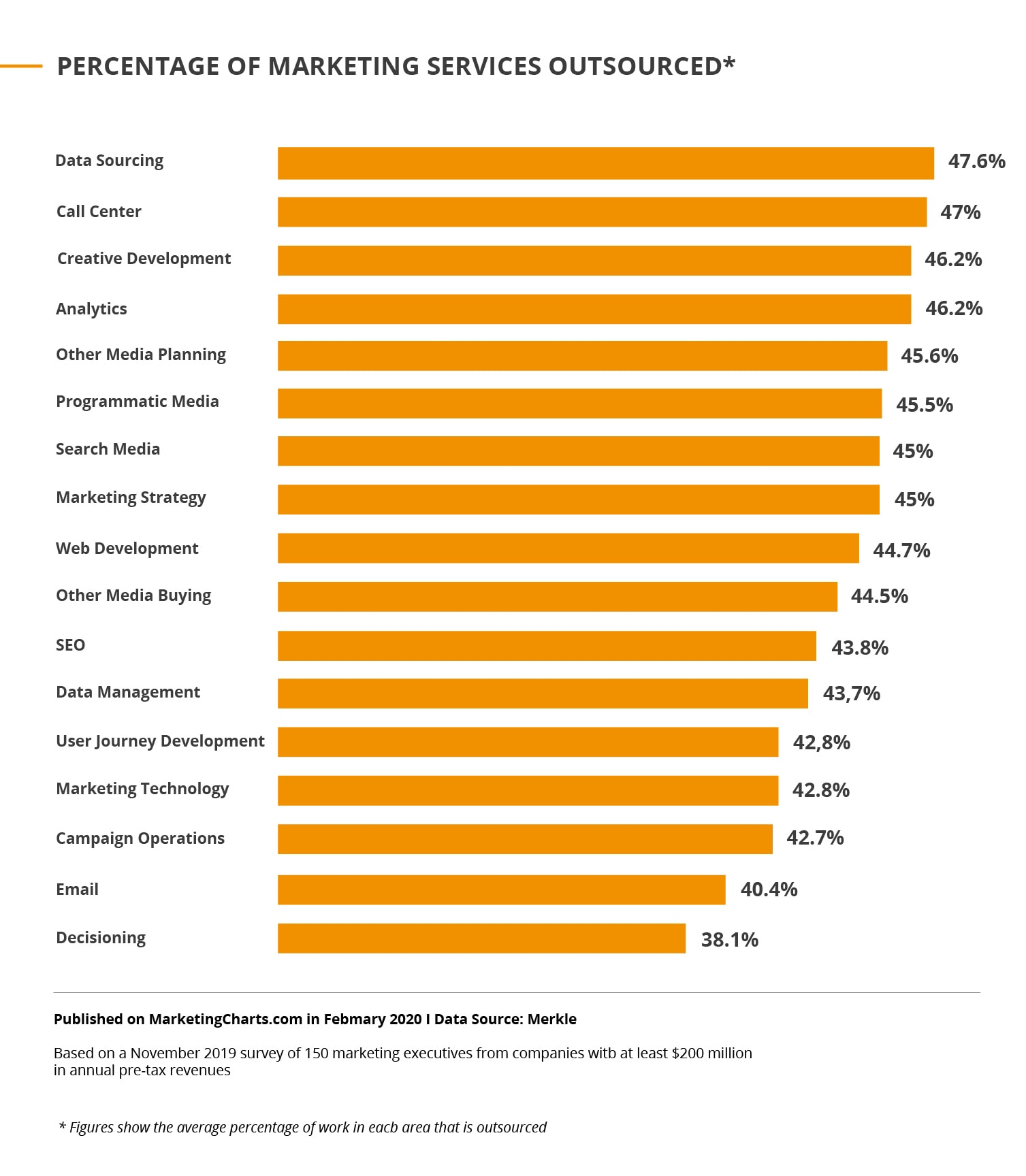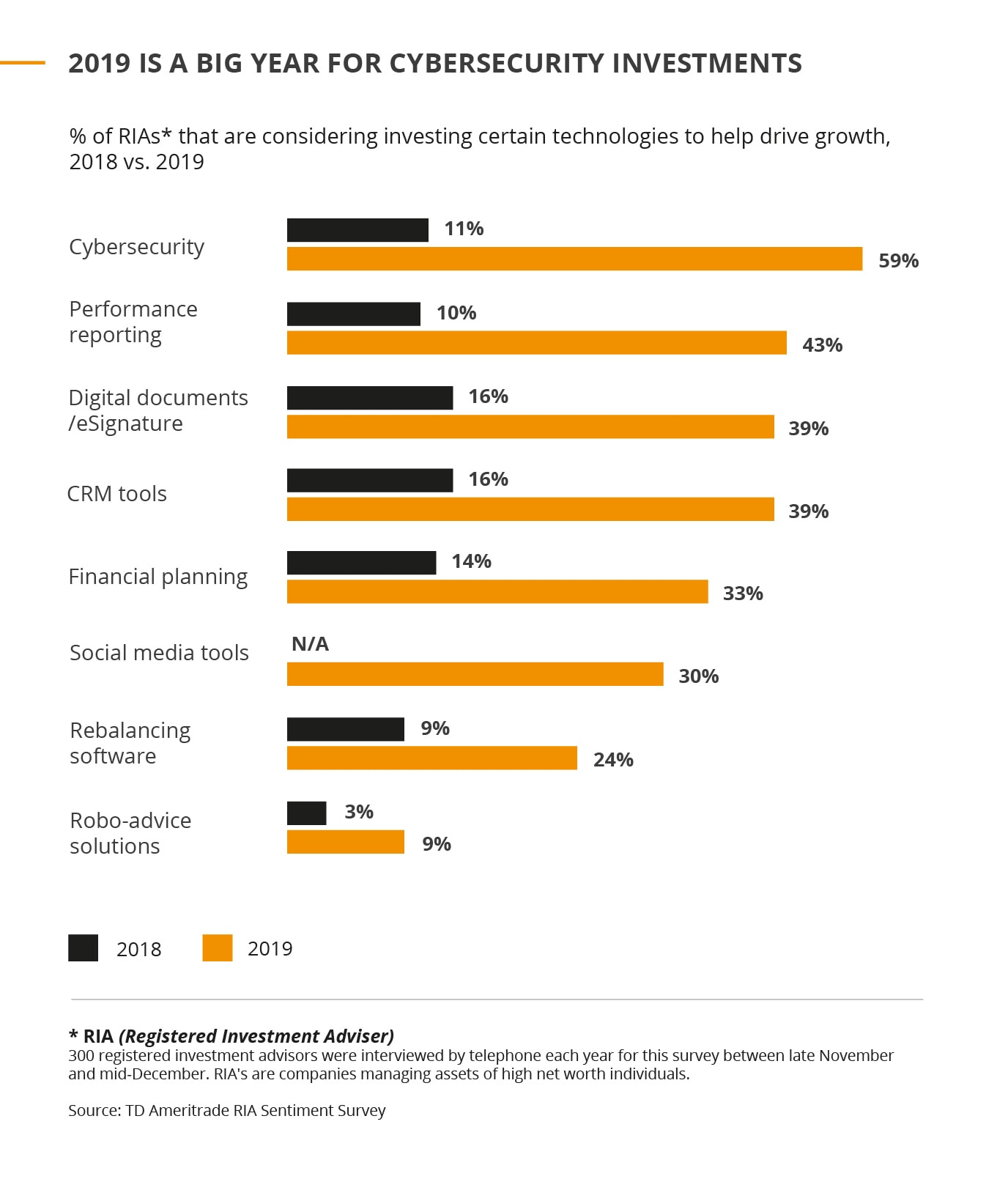
How outsourcing software development can save your business?
Currently, there is no doubt that 2020 will go down in history as a time of a global crisis on a scale that has not been experienced for decades. The situation is so unstable, that it is difficult to make a serious analysis of the long-term effects of the pandemic, not only in relation to human health and life, but also to the functioning of world economies.
However, the experience so far has shown, that there are industries and sectors that are more or less resistant to historical turbulence. The IT industry is among them. On the basis of the traumatic experiences of the 2008 financial market crisis, we have learned that the IT product development and services are so flexible, that they adapt well to the current challenges, allowing to retain an undisturbed continuity and maintain the existing quality standards.
In result, in numerous cases, software outsourcing may be a lifesaver for organisations of varying sizes, operating in various industries. Particularly, those industries that struggle with various issues, or will struggle with them in the upcoming months – the necessity of employment reduction, challenges in maintaining supply chains, or retaining financial continuity.
Infrastructural sine wave
However, in order to understand, why IT services outsourcing, with particular inclusion of software development processes, may be a method of minimising damage caused by external factors and independent of the organisation itself, we should primarily explain, how such type of outsourcing should be perceived.
There is an increasing number of opinions, that the IT infrastructure exploitation model can be demonstrated as a sine wave – while in one deviation, it is located closer to the service supplier or the producer, it in the other, it is located closer to the client. The cloud era and the efficient transformation of IT products into IT services is obviously, a manifestation of the first trend. By means of the increasing popularity of network technologies such as SD-WAN, or SASE, we finally possess a network architecture that is capable of reducing the meaning of distance in the access to the infrastructure.
Obviously, there are scenarios, where data processing is required in close proximity to the customers themselves, which is greatly demonstrated by the increasing popularity of edge computing solutions. A golden mean between these types of approach is to transfer tasks to companies operating in countries that in close proximity of the market, where the end customer is operating.
What is IT outsourcing today?
Let us now attempt to refer these notions to outsourcing. The catchy term „cloud” is nothing else than executing tasks, previously realised on local servers, using devices belonging to someone else, and that are physically located in centres that are managed by another company.
If we are currently using cloud services on a large scale, why should we not transfer other burdens to companies that specialise in their servicing, that possess abundant experience in the subject matter and offer a quality of the end product that cannot be matched by in-house development teams created in a rush?
That is exactly how one should understand the elementary benefits of IT outsourcing as currently perceived. Using third-party company services, in terms of infrastructure and workflow management is, primarily, taking the burden off the commissioning party. In accordance with the Occam’s Razor, we should not multiply entities without necessity. Especially, if we have a rich selection of highly specialised experts with experience abundant equally to the portfolio of the services and products on offer.
Temporary or prolonged difficulties resulting from external causes, additionally increase the rationality of transferring the IT tasks into the hands of experienced specialists.
The uniqueness of digital workflow
The expansion and the maturity of the IT industry perceived in broad terms, as well as, of the enormous number of businesses of varying scales, that arose worldwide within the industry, has been unique in its own way. It has been independent of the aspect that was key in the case of the majority of other industries. We are talking about transport. Providing the infrastructure and connecting billions of devices was enough to eliminate the enormous costs generated by traditional communication.
This advantage has a direct impact on the already aforementioned IT industry flexibility and the ease of adopting new solutions. The implementation of these solutions does not require physical distribution, while implementations – aside from the physical upgrade of data centres – take place with the absolute omission of the necessity of maintaining a supply chain perceived in a traditional way.
The uniqueness in this aspect is one of the most important factors that impact IT services accessibility. Companies that use IT outsourcing are not affected by workflow limitations, as the entire workflow is digital. Due to the ability of swift schedule adaptation to the dynamically changing reality, outsourcing may constitute the continuity of a given company’s operations. It is visible now in particular, when citizens of an increasing number of countries, are given strict limitations regarding mobility.
Meanwhile, companies that provide broadly perceived IT services, are doing fine, as they had previously, partially or entirely, implemented environments that allow for efficient work independent from the physical location of managers, employees, and the customer himself.
Cybersecurity is key
The economic crisis is not the only danger, from which IT services outsourcing may protect organisations. Cybersecurity is a no less important issue. Particularly, as current advanced cyberattack methods may not only paralyse the infrastructure of a company, and impede its operations for a long period of time, but also lower its competitiveness persistently and irreversibly, which may even result in the financial fall of the enterprise.
An example of such cyber threats is a rather new scenario that combines ransomware attacks with data leaks. The scenario appeared on the horizon of the large scale attacks commenced at the end of 2019, therefore one should not expect companies, for which IT products and services are not the core business, to have any experience in containing IT-related incidents.
While the period of the peak popularity of global ransomware campaigns seemed to be located somewhere near 2017, enormous data leaks from databases managed by companies pose an increasing threat. The attackers are very well aware of this, and following a successful attack and using ransomware to encrypt company data, they also threaten the company with publishing the stolen information.
Importantly, it may be more than simply personal data, but also incredibly vulnerable information – company correspondence, documentation including the know-how of a given enterprise. As previously mentioned, its publishing may persistently and irreversibly lower its position on the market, and even lead to its downfall. Using external services of companies, for IT process management is one of the methods of preventing such incidents.
Third-party companies, specialised in their tasks, guarantee the highest level of security, as, by servicing numerous customers on the competitive market, they simply cannot allow for any compromise in the subject matter. In result, it often turns out, that the outsourced process is the most secure process, meeting both local, and international norms in compliance with regulations, e.g. GDPR.
External experts being the edge of novelties
Another threat, from which IT outsourcing may protect organisations, is the risk related to the implementation of broadly perceived technological novelties. External cloud services offered by the largest providers may serve as an example here, with Amazon Web Services, Microsoft Azure, or Google Cloud being the frontrunners.
Practice demonstrates, that the most important competency in this matter is the knowledge of the enormous portfolio of the largest providers, which comprises of highly specialised services. Knowledge regarding the model of monetising these services is no less essential, as they may be unexpectedly raised due to the resources used.
Third-party companies that provide services in this matter professionally possess experience that has been built for years. The experience allows for an optimal – both functionally and cost-wise – application of the enormous potential of the cloud. The mistakes of inexperienced users may cost gigantic amounts of money for a particular company.
Additionally, it would be advisable to mention the matter of security in cloud service management. In the case of the majority of forecasts regarding 2020 cybersecurity, incidents appeared regarding the flawed configuration of cloud services, which would threaten the security of data stored on external servers.
In this case, the experience of external companies regarding the management of such resources may have a direct impact on the increase of data and workflow security, allowing the end customer to evade enormous fines for not being able to comply with the security standards issued, e.g. by GDPR regulations.
Talent acquisition
However, it may turn out, that soon, enterprises will have a much more limited selection between IT outsourcing and process management inside own organisation. A continuous issue that persists in the IT industry is related to staff shortages. Particularly, within the range of the most experienced specialists.
In result, building a new team, that would not comprise solely of employees with little experience may, in time, become more and more difficult, as well as, the very process of recruitment. Companies themselves often lack the personnel capable of a reliable evaluation of the competencies of the candidates, and inadequate choices may, again, expose the company to the danger of losses.
Therefore, applying third-company services will be a more rational choice, if an organisation has no access to the greatest talents on the market, and it has not formed the methods of team-building from such type of specialists. Once again, outsourcing contracts turns out to serve as minimisation of risk, as the responsibility for acquiring the best specialists, and the efficient management of their work is in the hands of an external company.
IT outsourcing is risk amortisation
As demonstrated, there are many levels, on which IT outsourcing may save an enterprise from various threats. It may address threats caused by economic factors, it may be related to cybersecurity management, or finally, to the responsibility for the quality of the work done, the professional level of the experts and the efficiency of managing the entire process. All the aforementioned benefits may be summarised as a multi-faceted risk amortisation, protecting an organisation by depending on knowledge and experience of the external experts.







